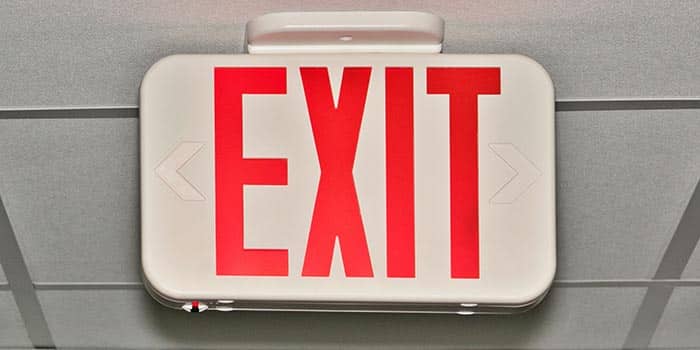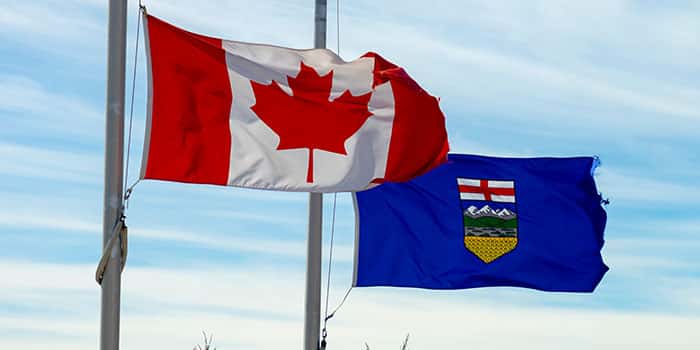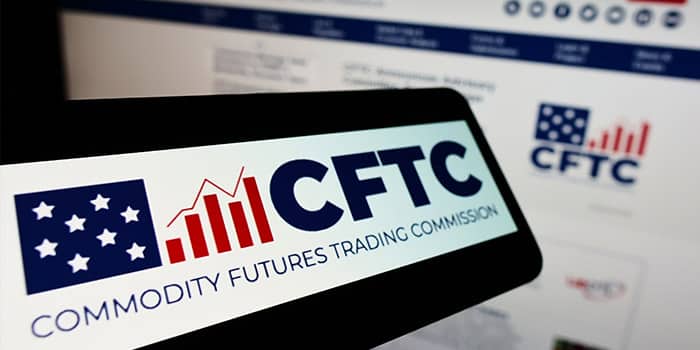- Casino
- By State
- Alabama
- Alaska
- Arizona
- Arkansas
- California
- Colorado
- Connecticut
- Delaware
- Georgia
- Florida
- Hawaii
- Idaho
- Illinois
- Indiana
- Iowa
- Kansas
- Kentucky
- Louisiana
- Maine
- Massachusetts
- Maryland
- Michigan
- Minnesota
- Mississippi
- Missouri
- Montana
- Nebraska
- Nevada
- New Hampshire
- New Jersey
- New Mexico
- New York
- North Carolina
- North Dakota
- Ohio
- Oklahoma
- Oregon
- Pennsylvania
- Rhode Island
- South Carolina
- South Dakota
- Tennessee
- Texas
- Utah
- Vermont
- Virginia
- Washington
- West Virginia
- Wisconsin
- Wyoming
- By State
- Slots
- Poker
- Sports
- Esports
Fact-checked by Stoyan Todorov
Papaya Gaming Has 14 Days to Leave Michigan Because of Illegal Gambling
As the sweepstakes sector in the United States is coming underneath increased scrutiny, some companies have already been accused of hosting and spreading illegal forms of gambling

Papaya Gaming, a company operating from Tel Aviv, Israel, is now under regulatory attack in the United States. The Michigan Gaming Control Board (MGCB) has published a public statement in which it said that it had sent a cease-and-desist letter to the company.
Papaya Gaming Stands Accused of Offering Illegal Gambling in Michigan
The MGCB accuses Papaya Gaming of offering illegal gambling in the Great Lakes State, through a series of apps available to state residents. The MGCB did not clarify where it received the information, only that it was shared by an anonymous source who was aware of the allegedly illegal form of gambling.
Among the apps targeted by the regulator are Bubble Cash and 21 Cash, Bingo Cash, and Solitaire Cash. These apps supposedly allow players to spend real money and win real money, which puts the company in violation of several prominent pieces of laws, including the Michigan Penal Code, the Michigan Gaming Control and Revenue Act, and not least – the Lawful Internet Gaming Act.
Papaya Gaming could face stiff penalties of up to $100,000 along with imprisonment of company officials of up to 10 years. For the time being, however, the MGCB is keener to see the company ousted within a 14-day window, which is customary for a cease-and-desist letter.
MGCB executive director Henry Williams has welcomed the board’s efforts and had this to say when commenting on illegal gambling:
“The Michigan Gaming Control Board firmly believes in a regulated and safe gaming environment. Illegal gambling is not tolerated in Michigan, and we will take all necessary actions to protect our residents from such unlawful practices.”
Unlawful Gambling and Sweepstakes in Regulatory Visors
This is hardly the first company to have been targeted in Michigan. Earlier this year, Bovada, a website that operates without a license in most of the United States, was asked to similarly quit the market, citing the company’s operations that are not backed by an official gambling license.
This is hardly the first entity to have been impacted in the United States. Apart from ousting unlicensed operators such as Bovada, lawmakers and regulators have been increasingly suspicious of the sweepstakes casino model.
Earlier this year, Papaya Gaming was also targeted by a lawsuit that alleged the company used computerized opponents or bots to help inflate its numbers and also undermine fairness by pitting human players against pre-programmed opponents that had the upper hand. Papaya Gaming claims to host 15 million tournaments a day.
Related Topics:
Although Fiona doesn't have a long-spanning background within the gambling industry, she is an incredibly skilled journalist who has built a strong interest in the constantly growing iGaming network. The team at Gambling News is glad to have her on our roster to help deliver the best stories as soon as they hit. Aside from writing, she loves to dabble in online casino games such as slots and roulette, both for her own enjoyment and also as research to better improve her understanding of the industry.
Must Read
Industry
April 15, 2025
Brazil Weighs Stricter Rules on Gambling Advertising
More Articles




Casino
April 18, 2025
Florida HB Seeking to Upgrade Illegal Gambling Punishments

Legal
April 17, 2025
Appeal to Keep Evolution’s Accuser Anonymous Denied

Lottery
April 17, 2025
CTLC Says Its Members Didn’t Violate the Texas Law














